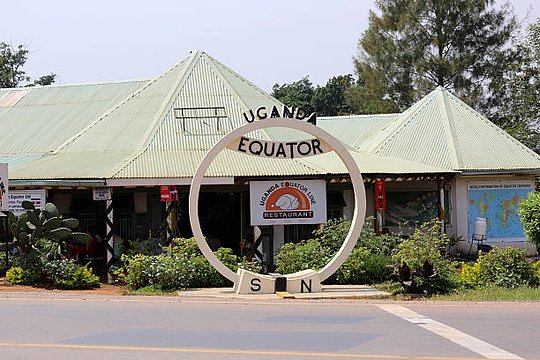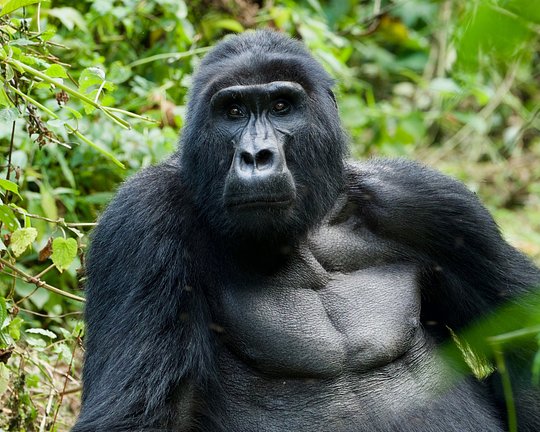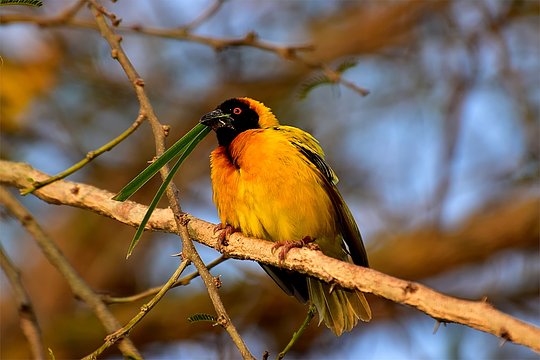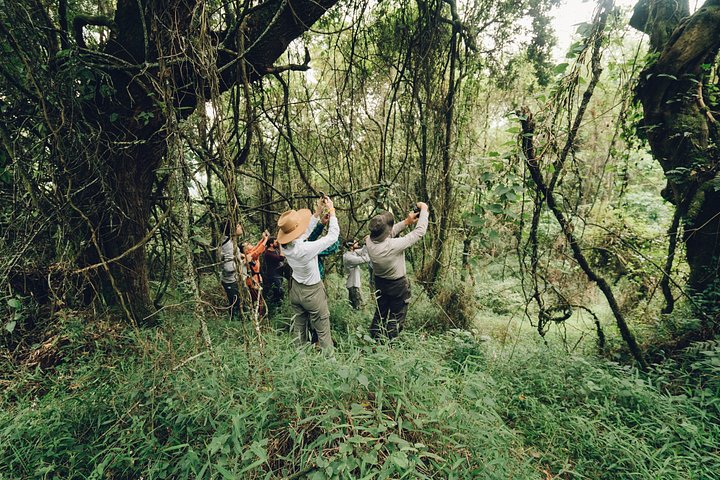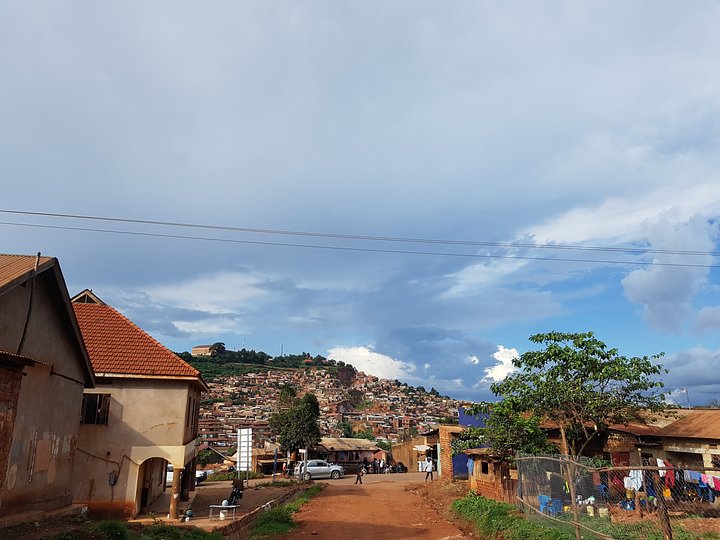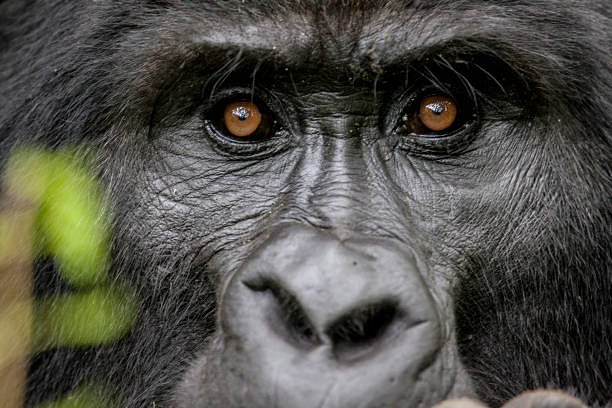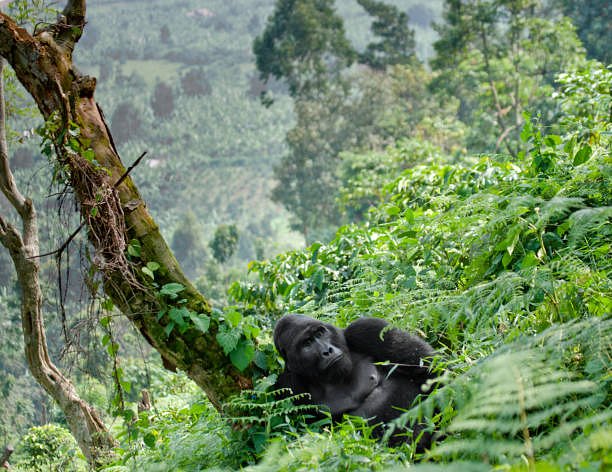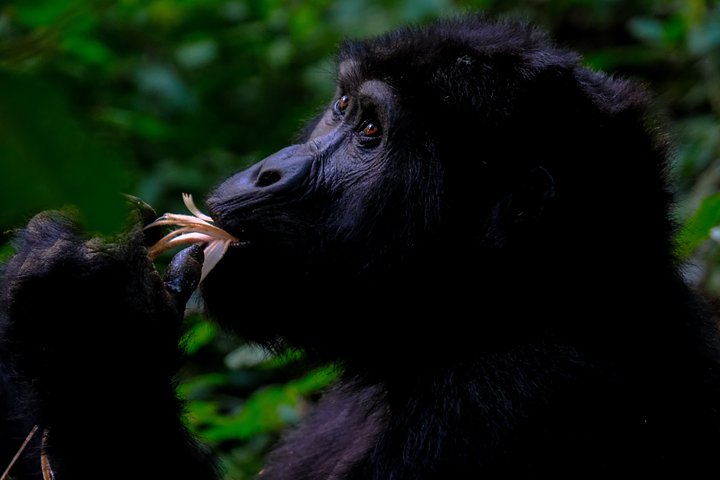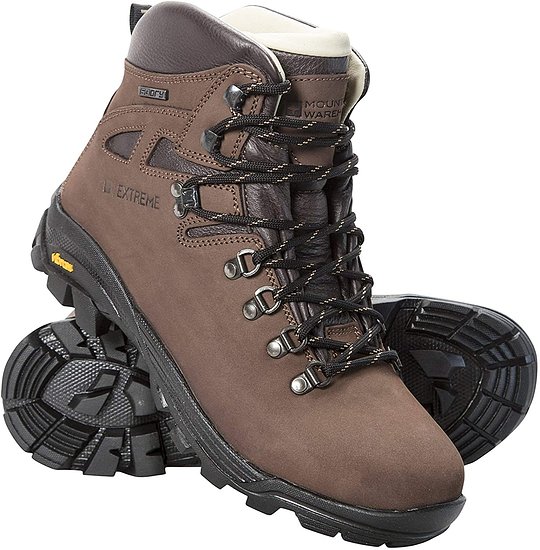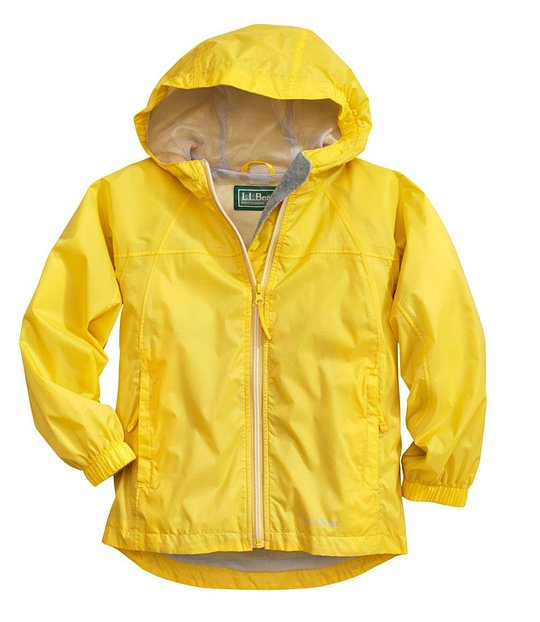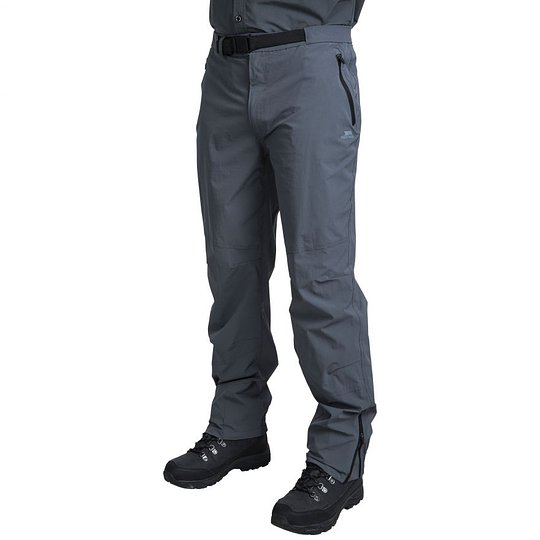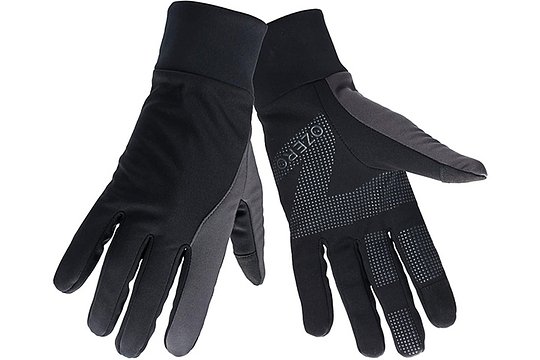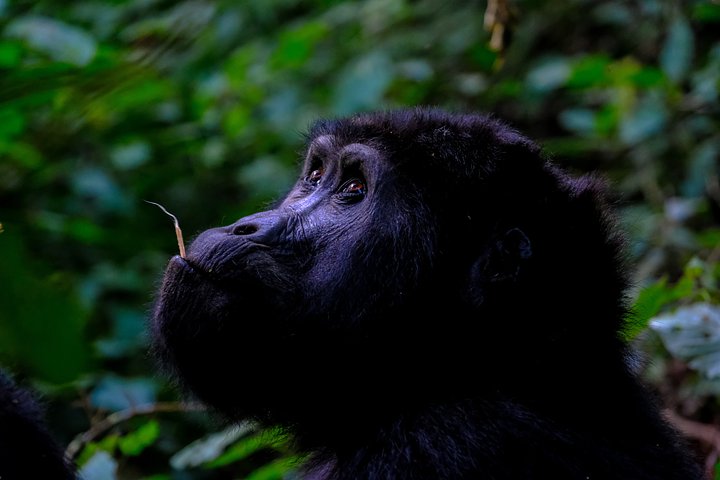
Overview
In Uganda’s Bwindi Impenetrable National Park, which covers an area of 321 sq km and is among the oldest forests at 25,000 years old, experience the amazing adventure of trekking to find one of the 12 habituated mountain gorilla groups. You will also have an opportunity to see other primates such as red-tailed monkeys, chimpanzees, baboons, black and white colobus monkeys among others. Bwindi Impenetrable Forest is home for 120 mammals, 51 reptiles, 310 butterfly species, 27 species of frogs, geckos, chameleons, 163 tree species, 104 fern species, 1,000 flowering plants, as well as over 350 species of birds such as the hornbills and the turaco.
